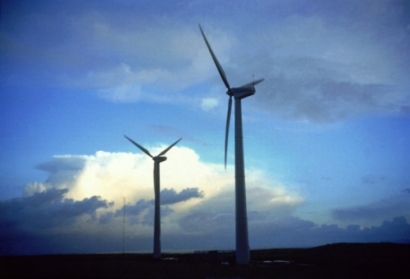
Diversifying its energy mix to include more solar and wind is a priority in Colombia. The country depends on hydroelectricity for nearly 70 percent of its energy, making dry years especially harsh: El Niño-induced droughts in 2016 forced Colombians to ration their energy during peak hours. Further, coal and gas plants are paid a premium to operate during non-drought years to support the grid when hydro energy cannot. Now the country has found a solution that strengthens the energy system with an eye toward international investment.
Following the 2017 decision to host an auction, the Government of Colombia Ministry of Mines and Energy connected with USAID for guidance. Although an auction is a speedy solution to boosting capacity, significant effort was spent customizing the program to Colombia.
“The puzzle,” said David Hurlbut, NREL senior analyst and economist, “is how to craft an auction process that will provide the right price signals to wind and solar developers to invest and get their capacity on the ground.”
A hurdle for the NREL team—comprising Hurlbut, engineer Sherry Stout, and Grid Integration Manager Barbara O’Neill—was the lack of legislative guidance that would typically inform such an auction.
“Colombia has a low carbon footprint due to the abundant hydro resources,” said O’Neill. “For this reason, there is no grassroots or legislative push for something like a renewable portfolio standard. Instead, they needed an auction that was technology-neutral but that would provide a revenue stream sufficient to attract high initial capital cost/low variable-cost sources such as solar and wind.”
NREL participated in a series of working sessions with the Colombian Commission for the Regulation of Energy and Gas to discuss how to structure the auction. The sessions were key to allaying regulatory fears about the auction. NREL also worked with XM, the system operator, to discuss the best ways to integrate the future variable renewable energy.
“A big part of this auction design involves long-term contracts and how they might emerge from the auction process to provide the revenue necessary for renewable energy projects to take flight while reasonably and fairly allocating risks across generators and customers,” said Hurlbut.
The amount of new energy for the 2019 auction will be announced in coming weeks along with auction details and rules.
For Information: USAID-NREL Partnership.

